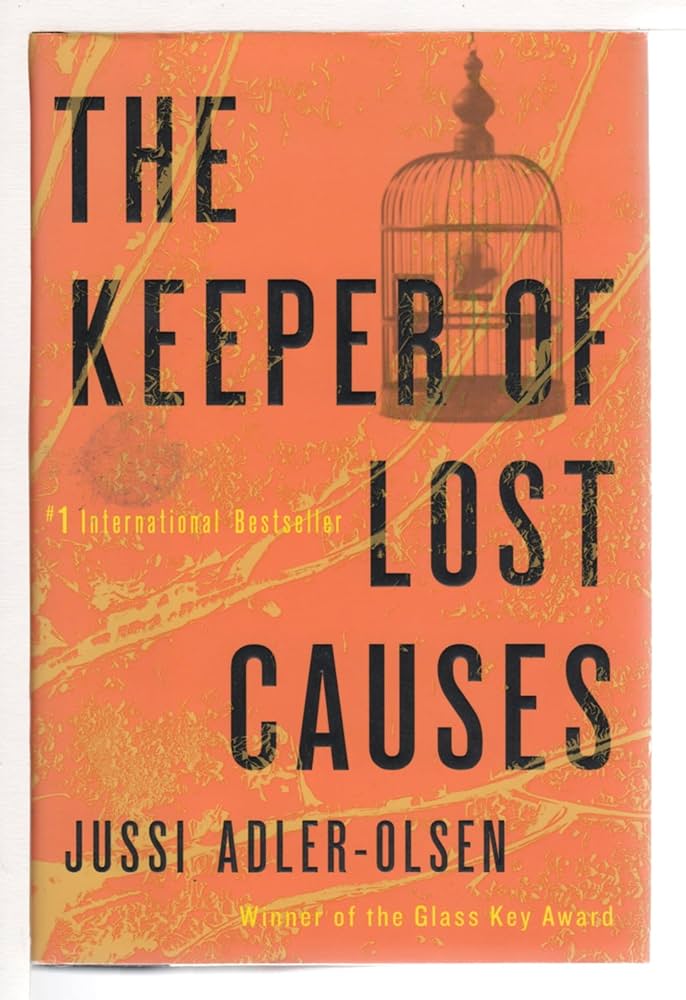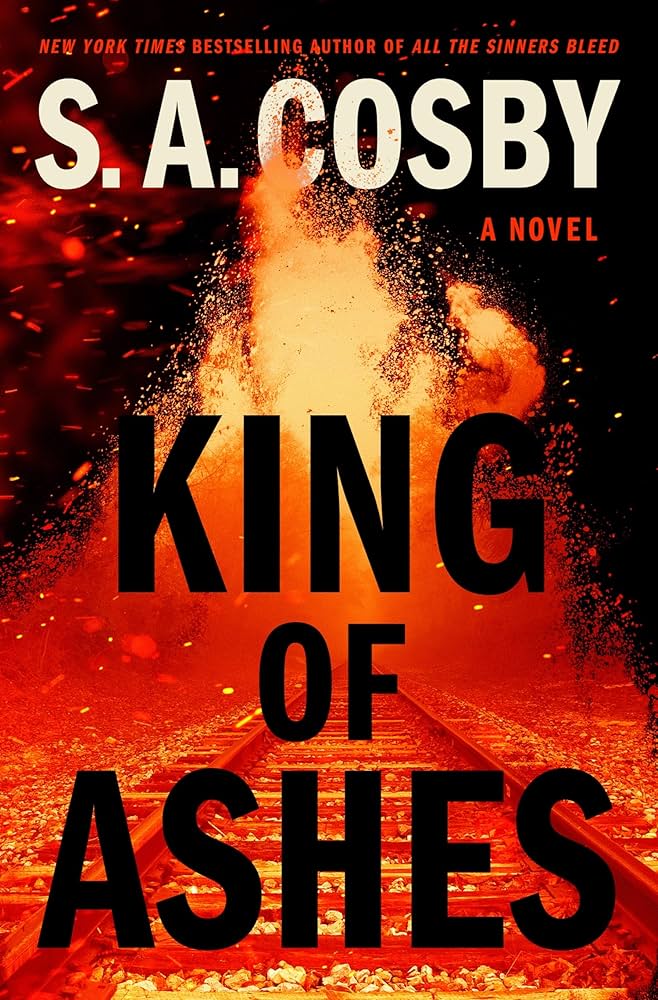December 28, 2025
Firefly by Henry Porter *** (of 4)
In the mid 2000-teens, migrants from the Middle East, Asia, and North Africa risked their health, security, and livelihoods in hopes of finding better lives in Europe. By the tens of thousands they walked from Syria, crammed into rafts from Turkeye’s shores, and paid smugglers to ferry them across the Mediterranean from Morocco and Tunisia. Then, an even more difficult trek ensued as they attempted to move out of migrant concentration camps and walk, bus, train, and walk some more, crossing through countries ill-prepared to cope with such masses.
Read More about Firefly by Henry Porter *** (of 4)
Book Reviews
|
0 Comments









